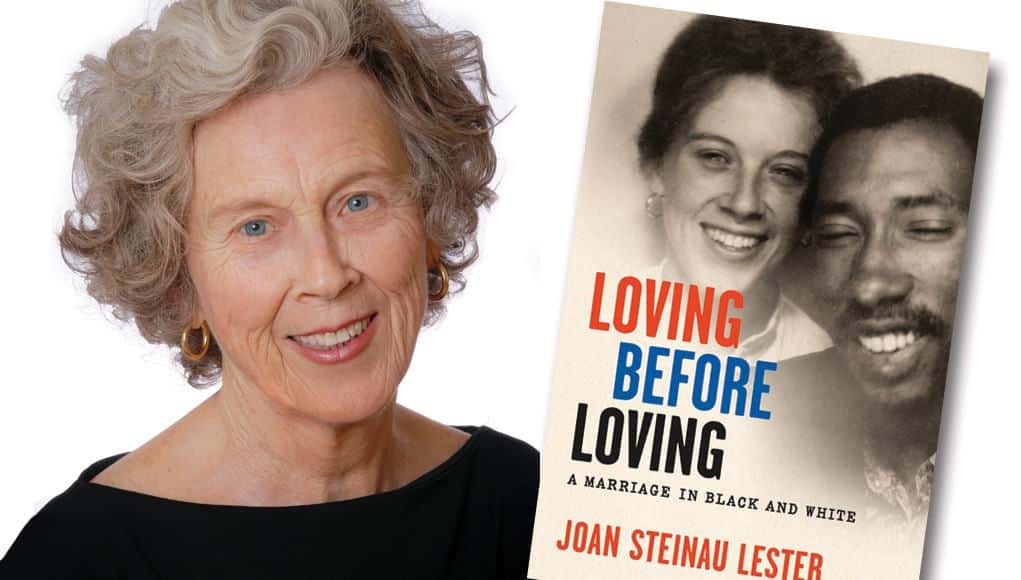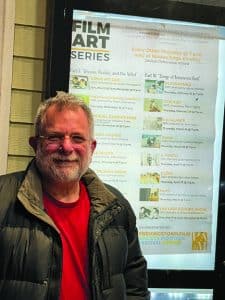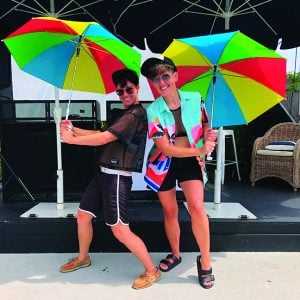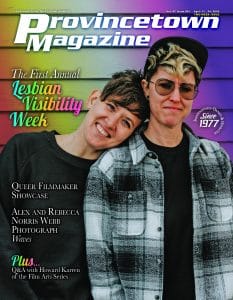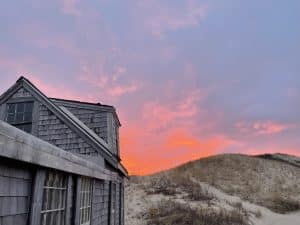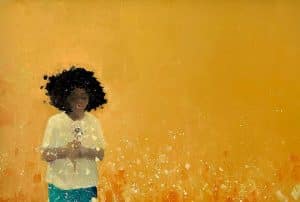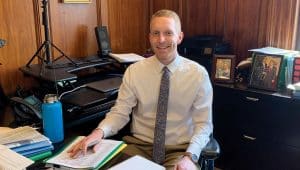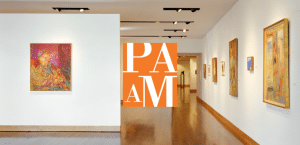by Steve Desroches
Top Image: Author Joan Steinau Lester. Photo: Irene Young
Joan Steinau Lester fell in love and married twice. And each time she did it, it was illegal in much of the United States. Something so simple and basic to the human experience as falling in love was seen as such a threat to the established power structure that simply saying, “I do” was a revolutionary act. It’s a remarkable and intimate story captured in Lester’s new memoir Loving Before Loving: A Marriage in Black and White, which will be the jumping off point for a discussion with the author, Jewelle Gomez, and Maxine Wolfe in a virtual event presented by East End Books Ptown this Wednesday.
Lester’s story of love’s power to change, and those who try to stop it, begins when as a young white woman she became involved in the Civil Rights movement in the late 1950s and eventually met writer Julius Lester, a Black man, who at the time was working with the Student Nonviolent Coordinating Committee. The two young activists fell in love and married in 1962, at a time when their union was illegal in 21 states, an injustice that would be corrected when in 1967 the Supreme Court unanimously struck down anti-miscegenation laws in their decision in Loving v. Virginia, so named for the plaintiffs Mildred and Richard Loving. But while progress was being made, the Lesters examined their own marriage and themselves, which produced a thoughtful examination into learned racism and sexism that lay within Joan and Julius, respectively. Ironically, they introduced each other to the work of writers that would change their lives, she presenting W.E.B. Du Bois to her husband and he doing the same with Simone de Beauvoir. Each faced oppression and each had a privilege based on the structure of society, all as they worked for a more just America.
While the couple would divorce in 1970, they each remained committed to their social justice work. And for Joan, she’d continue a journey of self-discovery as a woman finding herself in the tenants of feminism, whose message answered the feeling she had inside but couldn’t quite name, that which Betty Friedan called the “feminine mystique.” It was a complicated, yet thrilling time for real palpable action and societal change, a period in American history where there was both peril and potential, much like now, says Lester from her home in California.
Despite all the turmoil, she’s incredibly optimistic. “The Black Lives Matter movement has strength and is sustaining,” says Lester. “It’s not ending. Everywhere I look I see action that is not just window dressing. I really think more of the work is being done. The real work. With Black Lives Matter and body cameras on police many white people are finally seeing racism in America and realizing its up to them to do something about it. They’re seeing that this is real, that racism is real. Many are for the first time really thinking about systemic racism. We all have to talk about it and do something.”
With a doctoral degree in multicultural education from the University of Massachusetts Amherst, Lester has taught anti-racism work for decades, eventually founding the Equity Institute and being one of the pioneers of diversity training and inclusion throughout the 1980s and 1990s. She’s spent almost her entire adult life exploring and examining how to break down various forms of bigotry to create a more open and just society. And now at the age of almost 81 she sees enough progress and evidence that, of course, correcting an injustice is good for everyone, on every level.
Lester felt the pride and pangs when she came out as pansexual. As a young woman she didn’t even know LGBTQ+ people existed. Coming out itself, even now, is a political act, albeit also a deeply personal one. So the parallels between her first marriage and her second, to her wife Carole, were clear. They first married in 2004, when for a brief period of time then-mayor of San Francisco Gavin Newsom ordered same-sex couples be given marriage licenses. Those unions would eventually go on to be declared invalid and Joan and Carole would marry again in 2008. By the time the Supreme Court ruled in favor of marriage equality in 2015 with Obergefell v. Hodges, the couple had a folder full of documents to prove their union was legal. And it did not escape Lester’s notice that within the majority opinion of said case were numerous references to Loving v. Virginia, another major case that had a personal effect on her own life and on her community as she saw the power of allies in a civil rights movement.
“There is a role for allies,” says Lester. “We can’t do it all alone. We had straight friends who refused to get married themselves until we could. They saw the institution as excluding gay people and that that wasn’t right. That’s how things change, when we all pull our weight.”
Lester dismisses criticisms of “wokeness” and charges of “political correctness” as just ways to change the subject and distract from the core issues. When she was young any progressive person would often be labeled as a “Communist,” an expression meant to diminish the work as somehow “anti-American” and relegate such ideas as equity, inclusion, and justice to the political fringe. But she also challenges those white Americans afraid to talk about race. She understands that some may fear saying the wrong thing or being cast as racist. So what, says Lester. That’s how you’ll learn, it’s how we all will learn, by having thoughtful, yet frank discussions to expel that which we’ve been taught, and just as likely not taught, about race in America.
“I’m very heartened now that we’ve begun this conversation that we really need to have,” says Lester. “That white people are having a conversation about racism like never before. Acknowledging that there’s a problem is necessary to fix it. And then you realize your own individual role in fixing it. We are at a most interesting moment in our country’s history and I really believe we can do this.”
East End Books Ptown presents Joan Steinau, author of Loving Before Loving: A Marriage in Black and White, in conversation with Jewelle Gomez and Maxine Wolfe on Wednesday, May 26 at 6 p.m. via Zoom. Registration is required and a $5 minimum donation is requested. To register or for more information visit eastendbooksptown.com.

